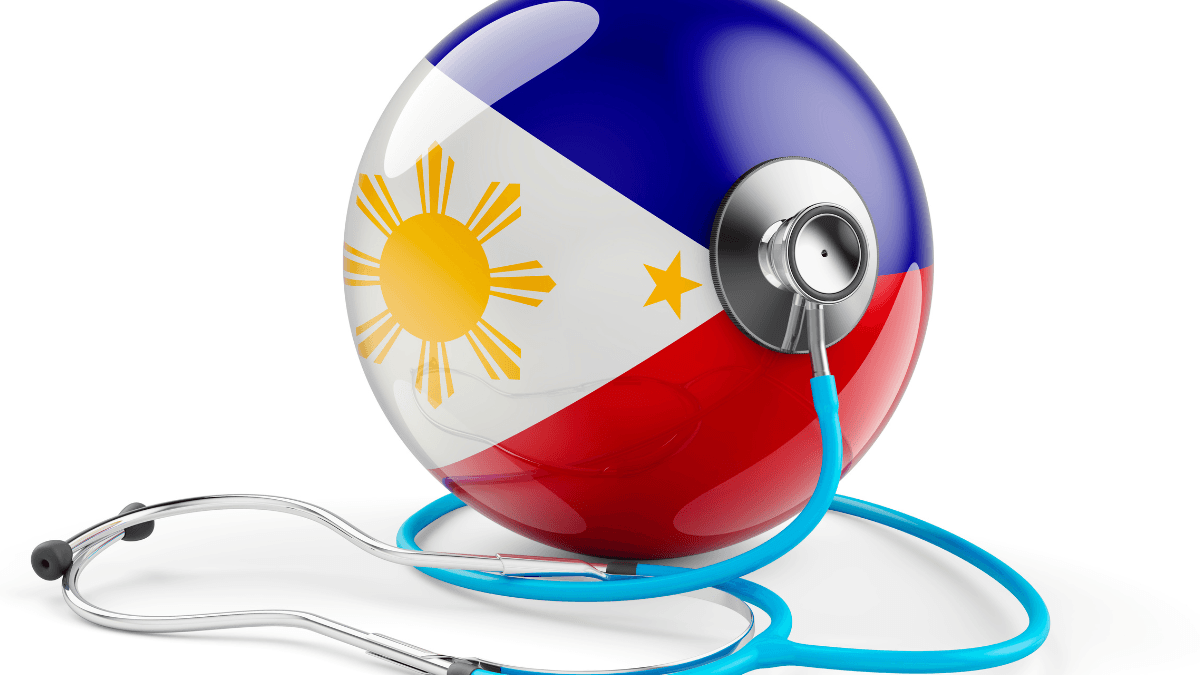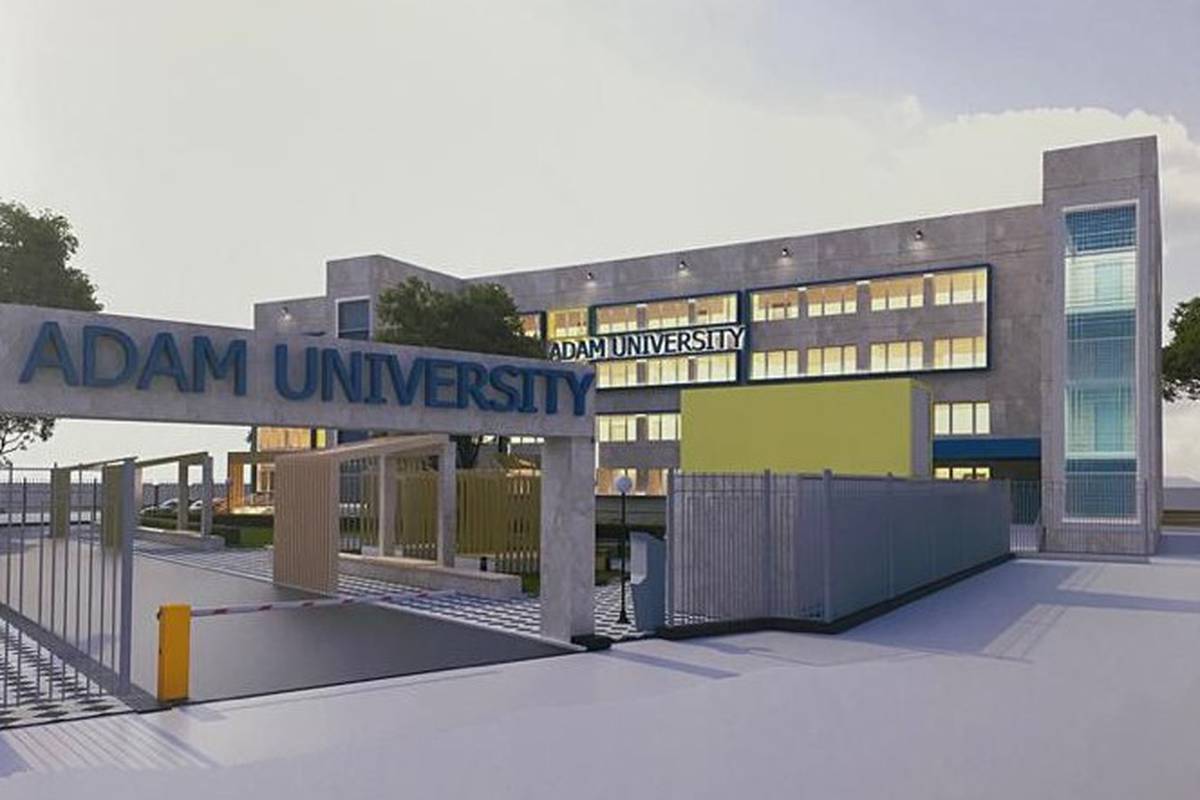
☝️ At a glance
- After MBBS in Europe (6-year program), students can apply for PG through interviews or entrance tests. Europe offers tuition-free PG with paid hospital work.
- To practice medicine in Europe, students must meet country-specific licensing requirements.
- Returning to India requires clearing the NExT exam to get registered with the NMC for legal medical practice.
- European PG degrees are globally accepted, allowing further practice in the USA, UK, Canada, Australia, and more.
- futureMBBS support for MBBS admission, medical PG, licensing, settling in EU and much more.
Introduction
Over time, Europe has become one of the most favorite destinations for medical students, especially for Indian students. Europe has the best universities in terms of medical education. Not only this, but Europe offers affordability, low tuition fees, high-quality education, the best clinical knowledge, global recognition of medical degrees, and many more. So, if you are planning for MBBS abroad, then European countries should be your preference.
However, if you are someone already pursuing MBBS in Europe or someone who wants to know what happens after you clear your MBBS and how to work as a licensed medical practitioner, then this article is for you. It answers all your questions about the post MBBS journey.

Become a global doctor with MBBS abroad!
Studying abroad can be affordable and stress-free with futureMBBS:
- World-recognized universities with English-taught programs
- On-site support in partner university cities
- Guaranteed placements & internships for hands-on experience
From selecting universities and supporting you with the application process to orientation and finding accommodation – we are at your side.
Step-by-step medical PG journey in Europe
Let’s explore the journey after completing MBBS and the paths that open up for medical graduates. Completing an MBBS course in Europe opens up several exciting career pathways, but it’s important to understand them. Let's study carefully.
1. Complete your 6-year MBBS program
The first phase is completing an MBBS degree from a European country. In Europe, medical colleges prioritise practical training instead of just theory. European universities offer world-class education and affordable tuition fees. The course is designed and structured to accommodate international students, making it easy and quick for them to grasp.
Curriculum
Most European countries follow a 6-year MBBS or MD program, which includes both theoretical and practical learning. For the first 2–3 years you will study pre-clinical then 3–4 years is for clinical rotations, including 1 year mandatory internship
Language
The program is taught in English; additionally, local language training is included in the syllabus.
Exposure
Students get early hands-on training in Europe's best advanced healthcare systems.
Recognition
Degrees are globally respected and recognized by bodies like WHO (World Health Organization), ECFMG (Educational Commission for Foreign Medical Graduates), GMC (General Medical Council), and NMC (National Medical Commission) in India. This makes students eligible for other countries as well; they can work worldwide and earn money.
2. Appear for interview or exam for medical PG admission
After completing MBBS, students can apply to study medical PG programs (MD/MS/others) in Europe.
Selection Process:
Most universities conduct interviews based on your desired specialty.
Some universities may have their own entrance exams.
PG seats in EU are less competitive than in India and more accessible.
Tip: Choose your specialty early (during final MBBS year) to prepare for interviews or internal assessments accordingly.
3. Start your tuition-free PG program (Residency training)
Once selected, students begin their PG (residency) which usually lasts between 2 to 6 years.
During this time, students:
- Work as resident doctors in hospitals.
- Gain hands-on clinical training under specialists.
- Earn a monthly salary
This allows students to study and earn simultaneously - covering living expenses and gaining experience.
European countries, such as the Czech Republic, Hungary, Poland, and Romania, offer tuition-free PG courses funded by the government.
Top PG courses after MBBS in Europe
Medical PG programs offer diverse specialization options. Here are some popular PG courses for students who have completed MBBS:
PG degree | Full form | Duration | Description |
|---|---|---|---|
MD | Doctor of Medicine | 3–6 years | Medical specializations like Internal Medicine, Radiology, etc. |
MS | Master of Surgery | 3–6 years | Surgical branches such as Orthopedics, ENT, General Surgery |
Residency | Country-specific | 3–6 years | Integrated work-study PG structure, mandatory for licensing |
MDS | Master of Dental Surgery | 2–3 years | For BDS graduates |
PhD | Doctor of Philosophy | 3–5 years | Optional, research-focused after PG |

Study medicine abroad with 100% support!
futureMBBS offers full support to make your dream of studying medicine abroad a reality.
- Hassle-free admission guidance
- Fast-tracked visa processing
- Post-arrival support, including accommodation assistance
Popular PG specialties in Europe
Internal Medicine
General Surgery
Pediatrics
Gynecology & Obstetrics
Psychiatry
Radiology
Orthopedics
ENT (Ear, Nose, Throat)
Dermatology
Emergency Medicine
Anesthesiology
Pathology
Ophthalmology
Family Medicine
Public Health
Clinical Research
4. Medical licensing to practice in Europe
After completing your MBBS or PG in Europe, you must obtain a national medical license to practice medicine independently as a doctor in the country where you studied or plan to work.
General requirements across most European countries:
Regardless of the country, the licensing process typically includes:
Recognition of your medical degree
The Ministry of Health or equivalent body must verify that your MBBS (and PG, if applicable) meets EU standards.
Language proficiency
You must pass a language proficiency exam (linguistic assessment board exam) in the local language.
Most countries require a B2 or C1 CEFR level in the national language, even if your education was in English.
These exams are often administered by official bodies like Goethe Institute (German), TELC, ECL, etc.
Clinical licensing exam or assessment
Some countries require an equivalency exam (medical licensing examination) or practical exam/clinical assessment exam to test your medical skills, diagnostic ability, and patient communication.
Good standing & health certificates
You need to submit documents proving you have no criminal background, are in good health, and are of good professional conduct.
Internship verification
You must provide documents proving you have completed the mandatory internship (clinical rotation), either during MBBS or PG.
Residency visa or EU blue card
After licensing, if you're a non-EU citizen, you need to obtain a work visa or residency permit to work legally in Europe.
Country-wise licensing pathways to practice medicine
Czech Republic – Ministry of health licensing
Authority: Ministry of Health + Czech Medical Chamber
Language requirement: Czech language (B2)
Process:
- Submit diploma for recognition
- Pass a medical equivalency exam (written + practical + interview)
- Register with the Czech Medical Chamber
Internship: Must prove hands-on clinical experience
Duration: Licensing may take 8–12 months
Hungary – National healthcare office
Authority: Office of Health Authorisation and Administrative Procedures (ÁEEK)
Language requirement: Hungarian (B2–C1)
Process:
- Degree recognition and translation
- Pass licensing and language tests
- Register as a medical practitioner
Tip: Hungarian universities offer pre-licensing preparation programs
Romania – Ministry of health & Romanian college of physicians
Language requirement: Romanian language (B2)
Documents required:
- Apostilled MBBS/PG degree
- Proof of clinical experience
- Good standing certificate
Process:
- Degree recognition through CNRED (The National Center for the Recognition and Equivalence of Diplomas)
- Register with the College of Physicians
- May need adaptation training or residency validation
License: Right to practice granted for public and private sectors
Slovakia – Ministry of health & Slovak medical chamber
Language requirement: Slovak (B2 level)
Key requirements:
- Degree recognition by the Ministry
- Professional liability insurance
- Criminal record clearance
Registration with Slovak Medical Chamber
Note: Some English-speaking programs in Slovakia may ease degree recognition if language proficiency is proven.
Poland – Medical chamber registration
Authority: Supreme Medical Council (Naczelna Izba Lekarska)
Language requirement: Polish (B2 level certified)
Process:
Apply for degree recognition (nostrification)
Pass a national language test
Undergo a 13-month adaptation internship (if required)
Register with the Regional Chamber of Physicians
Note: EU medical graduates are often exempt from internship if done during MBBS.
Germany – Approbation license
Authority: Local State Medical Council (Ärztekammer)
Language requirement: C1 in German + medical language test (Fachsprachprüfung)
Documents needed:
- Translated and notarized MBBS & PG certificates
- Internship verification
- Language certificates
- CV and background check
Process:
- Degree recognition by "ZAB" (Central Office for Foreign Education)
- Pass medical knowledge test (Kenntnisprüfung) if degree is not equivalent
- Apply for Approbation – permanent medical license
Estimated Time: 6–12 months
Licensing document checklist
Valid passport and visa history
Apostilled MBBS and PG degrees
Transcripts and clinical rotation summary
Proof of internship and work experience
Language proficiency certificate (CEFR aligned)
Birth certificate & police clearance
Medical fitness certificate
Curriculum Vitae (CV) in local language
How long does licensing take?
Germany: 6–12 months
Poland: 6–9 months
Czech Republic: 8–12 months
Hungary: 6–10 months
Romania: 6–9 months
Timelines depend on your document readiness, language skills, and exam results.
Fast-tracking licensing
Learn the local language early -ideally during MBBS.
Keep all documents apostilled and translated by a certified translator.
Stay updated on the licensing authority website of your target country.
Many countries offer preparatory courses (like Kenntnisprüfung in Germany) for foreign graduates.
Apply for residency/Blue Card while your license is in process to avoid delays.
Best EU destinations for PG courses after MBBS
Several countries and medical colleges are well-known for their medical PG abroad programs, providing excellent academic standards, hands-on training, and international exposure.
1. Lithuania
Lithuania is an affordable destination for MBBS graduates seeking specialized postgraduate courses. Key highlights include:
University of Health Sciences Kaunas offers fully English-taught medical programs.
Extensive international collaboration with 140+ universities worldwide.
Practical learning opportunities at LSMU Kaunas University Hospital.
Affordable cost of living compared to other European countries.
2. Hungary
Hungary is home to some of the best medical colleges in Europe. Top institutions include:
Semmelweis University, Hungary’s oldest medical university.
University of Pécs, ranked among the top 500 universities abroad.
Complies with EU Directive 2005/36/EC, ensuring smooth career progression across Europe.
3. Slovakia
Slovakia offers cost-effective PG abroad options for MBBS graduates. Key universities include:
Jessenius University, known for advanced medical research.
Comenius University, ranked among the top 184 universities worldwide.
Simple admission process with entrance tests in Biology and Chemistry.
4. Latvia
Latvia is gaining popularity for affordable and globally recognized postgraduate courses. Key highlights include:
Stradins University Riga, offering clinical integration with national healthcare systems.
University of Latvia, ranked among the top 2.5% globally.
Affordable cost of living with excellent career growth prospects.
5. Cyprus
Cyprus offers high-standard medical education for Indian students and other international students. Key highlights include:
University of Nicosia, recognized for academic excellence.
Opportunities for internships in Switzerland at Hirslanden Zurich Clinic.
English as the primary language of instruction.
6. Poland
Poland offers top-tier medical universities with comprehensive PG programs. Key universities include:
Medical University Poznan and Medical University Lodz.
Focus on small-group learning for personalized education and early clinical exposure.
7. Croatia
Croatia offers high-quality medical education with simplified admission procedures. Key highlights include:
University of Split, providing advanced medical facilities.
No entrance exam; admissions are based on academic achievements.
Lower cost of living compared to other European countries.
8. Romania
Romania offers affordable PG programs with globally recognized medical degrees. Top universities include:
Medical University Cluj and Victor Babes University Timisoara.
No entrance exam; admissions are based on academic merit.
9. Czech Republic
The Czech Republic is home to leading medical universities with top-tier clinical exposure. Key universities include:
Charles University, ranked among the top 1.5% of universities worldwide.
Masaryk University, known for its advanced medical simulation center (SIMU).
Returning to India: Practice after European MBBS/PG
Licensing pathway in India:
Appear for NExT exam—mandatory for foreign graduates. (Earlier it was FMGE (foreign medical graduates examination); now it has been replaced by NExT.)
NExT Step 1: Theory exam (after MBBS)
1-Year mandatory internship
NExT Step 2: Practical/clinical skills exam
Register with the National Medical Commission (NMC)
Start internship (if not completed abroad) OR begin practice
PG done from Europe is highly recognized for job and practice in India, after registering with state medical council.
Practice in other countries after PG in Europe
You can migrate to countries like the USA, UK, Canada, Australia, etc., through the following licensing exams:
Country | Licensing Exam |
|---|---|
USA | USMLE (Steps 1, 2, 3) |
UK | PLAB / MRCP / MRCS |
Canada | MCCQE (Part I & II) |
Australia | AMC Exams |
New Zealand | NZREX |
Gulf | DHA (Dubai), MOH (Sharjah), HAAD (Abu Dhabi) |
Many countries recognize European PG degrees or require short bridging programs. UK and Ireland, in particular, favor EU qualifications.

Career options after MBBS or PG in Europe
Clinical
Specialist Doctor (Govt/Private hospitals)
General Practitioner
Hospital Consultant
Non-clinical
Medical Research
Public Health Expert
Clinical Trials & Drug Development
Hospital Administration
Emerging careers
Medical Journalism
Healthcare IT/AI in Medicine
Health Policy & Consulting
Medical Content Creation / EdTech
Benefits of staying in Europe
Let’s understand the pros and cons of staying in Europe. Refer to the table below:
Aspect | Pros |
Medical career | High-quality training, advanced healthcare systems, exposure to cutting-edge medicine |
Income | Generally higher income compared to India and many other countries; stable salary in foreign countries |
PG Chances | Good chances for PG seats (internal medicine, surgery, etc.) with minimal competition |
Lifestyle | Better work-life balance; modern infrastructure |
Student experience
Many international medical graduates who study MBBS in Europe have highlighted that it is good choice than many other countries because it is affordable and provides top-quality medical education and hands-on training. Alumni have shared how happy they are with their decision: they started working in hospitals early, gained valuable experience, and earned money while studying. However, studying MBBS abroad is not easy, it can create a lot of confusion. Keeping your dream in mind, we’re here to help aspiring medical students pursue their studies abroad. At futureMBBS, we support students not only in securing admission to top foreign universities but also throughout their entire journey, from settling into a new country to preparing for licensing exams and planning their careers after MBBS.
Conclusion
Pursuing MBBS in Europe opens doors to a world of opportunities, from tuition-free PG programs and high-paying jobs to globally recognized qualifications that allow you to practice across Europe, the USA, UK, Canada, Australia, and beyond. The advanced healthcare systems, early clinical exposure, and affordable education make Europe an ideal destination for Indian students aiming for a strong medical career.
At futureMBBS, we provide end-to-end support for aspiring doctors, from securing MBBS admission, PG placements, and guiding you through licensing processes to helping you settle abroad. With our complete roadmap, you can focus on achieving your dream while we handle the complexities. Let futureMBBS be your trusted partner on this journey towards a successful international medical career.
Your medical career abroad starts here!
Thinking of pursuing MBBS abroad? Don’t just dream it, do it!
Start your MBBS journey!Frequently asked questions
What is the lifelong learning program in the EU?
It supports education, training, and skills at all stages of life (e.g., Erasmus+, adult education).
Does Erasmus pay for accommodation?
It provides a grant, but usually not enough to cover full accommodation costs.
How long is a master's degree in Europe?
Typically 1 to 2 years in government colleges and private colleges both.
Which country has the hardest medical licensing exam?
Germany and UK are considered among the toughest.




